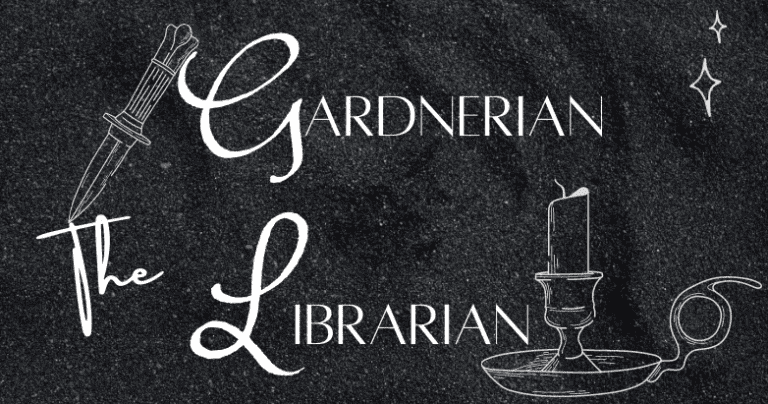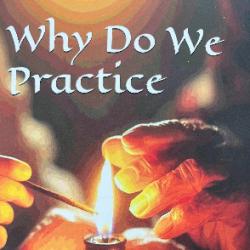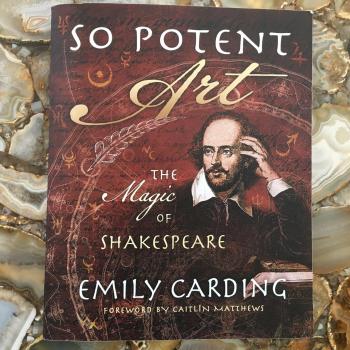Recently, I researched patron deities of libraries and librarians and happened upon an encyclopedic article on Seshat written by Joshua J. Mark in 2016. Seshat was the Egyptian goddess of the written word and the consort of Thoth, the god of wisdom and writing. What connects Seshat to libraries is that she is in charge of the Per-Ankh, the House of Life, “a combination library, scriptorium, institute of higher learning, writer’s workshop, print shop/copy center, publisher, and distributor” (Mark, 2016). Sounds like my kind of place!
Myth says that Seshat places a copy of every book ever published by mortals and immortals alike into the House of Life. As a librarian, I am naturally intrigued by Seshat’s duties. In fact, I can’t help but wonder if we librarians are a bit like soul collectors. Didn’t someone somewhere say that we leave a bit of ourselves in everything we create? Kind of like a horcrux or something. Each book in my collection might hold a piece of an author’s soul. Delicious. Hades might be the big soul collector in the Underworld but we librarians are holding down the Middle World.
Soul Collection
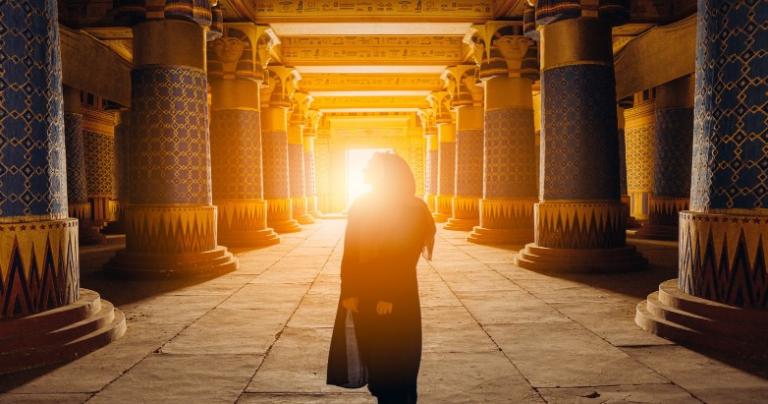
Librarians collect hundreds to thousands of books and materials per year, steadily adding to the accumulated knowledge in our libraries. In some ways, being a librarian is like being a hoarder but with $40,000 organizational skills (avg cost of a Master’s in Library Science). We organize them using a complex classification system, such as the Dewey Decimal System or Library of Congress. Every physical item cataloged in a library has its own unique call number, which is made up of a combination of letters, numbers, and decimal points. We generally think of the call number as an “address” that helps people locate the title on the shelf. However, librarians use call numbers to quickly gain information about books, like their classes and sub-classes. Think of classes and sub-classes as being similar to genres and sub-genres.
Cocktail Conversational Knowledge: Most academic institutions of higher learning in the US use Library of Congress (LC). On the other hand, grade schools and public libraries commonly use Dewey Decimal (DD). However, Library of Congress allows for many more sub-classifications of materials than DD. There are so many fields and sub-fields of research, with new fields being discovered all the time. LC is designed to accommodate the sub-classes of research out there, which is why LC is used in research institutions. Today, LC is widely used across the world.
I try to imagine how Seshat would classify and catalog our books and materials. By mortals and immortals? By our thoughts, words, and accomplishments (or lack thereof)? For whom or what is Seshat ultimately collecting all that information? Inquiring minds want to know!
Soul Preservation
Librarians have a duty to actively collect new souls books and also preserve them. There are entire careers, like museum curatorship, centered around the preservation of artifacts and materials. My own schooling included a general course in materials preservation. We learned about preventing mold and mildew damage, conserving the integrity of the book structure, and temperature recommendations for storage. Libraries were first built to store mass volumes of materials for elite classes. It was only within the past one hundred years or so that they became public places for sharing knowledge. I wonder who gets to have access to Seshat’s library — only the gods? Any immortal being?
For example, there are differences in how one should store hardbacks versus paperbacks for longevity. Book bindings also play a key part in determining how a book should be stored. Also, did you know that book glue attracts silverfish, which like to eat said glue? Did you know that there’s a such thing as “book lice?” I’ve dealt with both, and more, and it sucks to know the integrity of your collection is at the mercy of some shitty little bugs. Read this article from Purdue University to learn more, if you’re curious.
The real experts on preservation are the curators and archivists, though. These people take really old shit and help keep it intact for much longer than they’ll ever be alive to appreciate. Hades is like the Master Archivist, preserving souls for longer than any of us will ever know. Seshat is the Master Librarian, preserving fragments of our human creativity for all of eternity. Today’s librarians wear a similar mantle. Between all the public, academic, private, and special libraries out there is the aggregation of most of humanity’s thoughts and thus our very souls.
Immortality & the Written Word
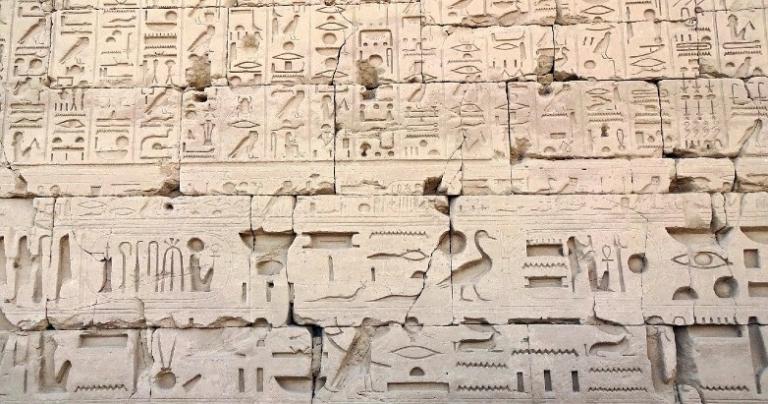
Ancient Egyptians were mega obsessed with achieving immortality, as evidenced by their writings and burial sites. Stone construction was desired for its durability, which is why it was used in building tombs and pyramids. The Egyptians also believed that writing was an invention of the gods, which is why ‘hieroglyph’ translates to ‘holy writing.’ Notice that their tombs are etched from top to bottom in hieroglyphs. If it’s true that writing is holy then every word any of us have ever written may be sacred. Those shitty book reports you did in grade school? Blesséd. Those passive aggressive Post-It notes you left your coworkers asking them to please stop eating your lunch from the office fridge? Divinely-inspired.
Imagine that every word we’ve ever written actually is godly. We can create and destroy one another’s dreams with our words. We can create entire fictional worlds, dwell in our sorrow, and uplift our friends. Our words, especially written, have impact. Sometimes, like in the case of our shitty book reports, our words impact our grades. Admittedly, book reports aren’t as earth-shattering as using the written word to provide us spells and guidance to navigate the Afterlife, like the Egyptian Book of the Dead. But our written words prove that we were once alive, right?
Many of us have left a paper trail we’ve since we etched our first letter. All of those words spanning our entire lives are evidence that we once existed on Earth, somewhat immortalizing us. Nowadays, we write the majority of our words online or in texts, which leaves no tangible evidence of our very tangible existence. Not all of us can, want, or will write books, though. Not all of us can be you, Jason Mankey! Though we, like myself, may aspire to be. We may never have our shelf space in Seshat’s library, but someone on this planet will know something about us after we’re gone…even if it’s just reading the words on our book spines and gravestones.
“This chick used the word ‘shit’ a lot in her blog.” – future words probably said about me. Rad.
Follow me on Instagram @thegardnerianlibrarian !
